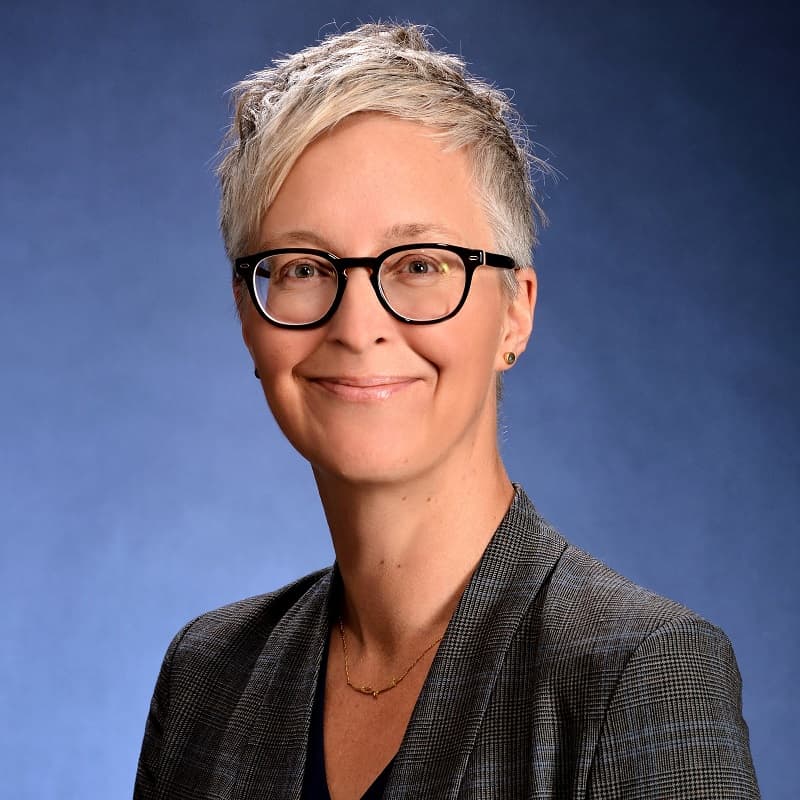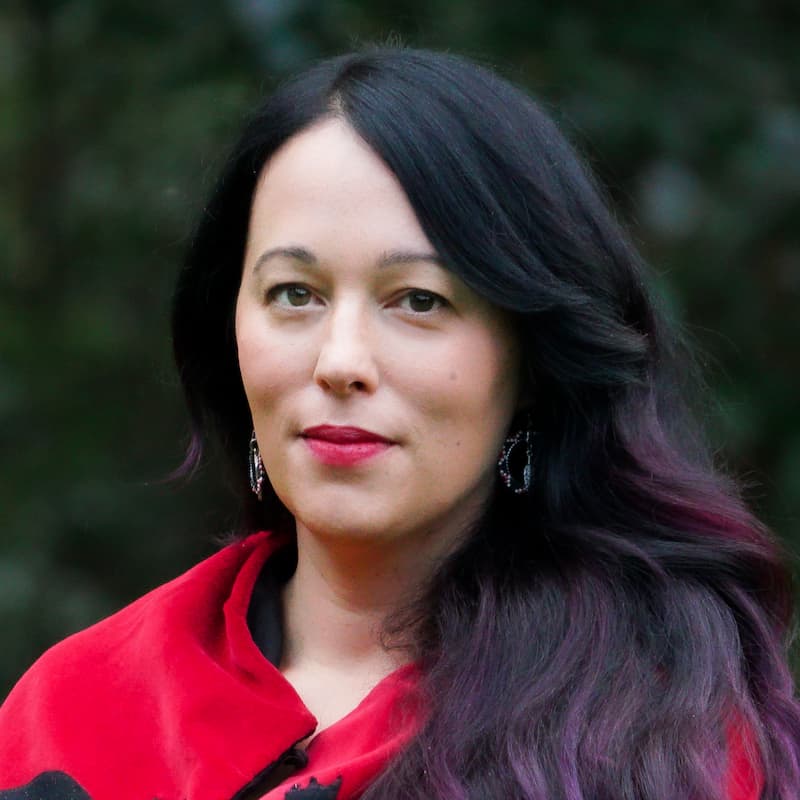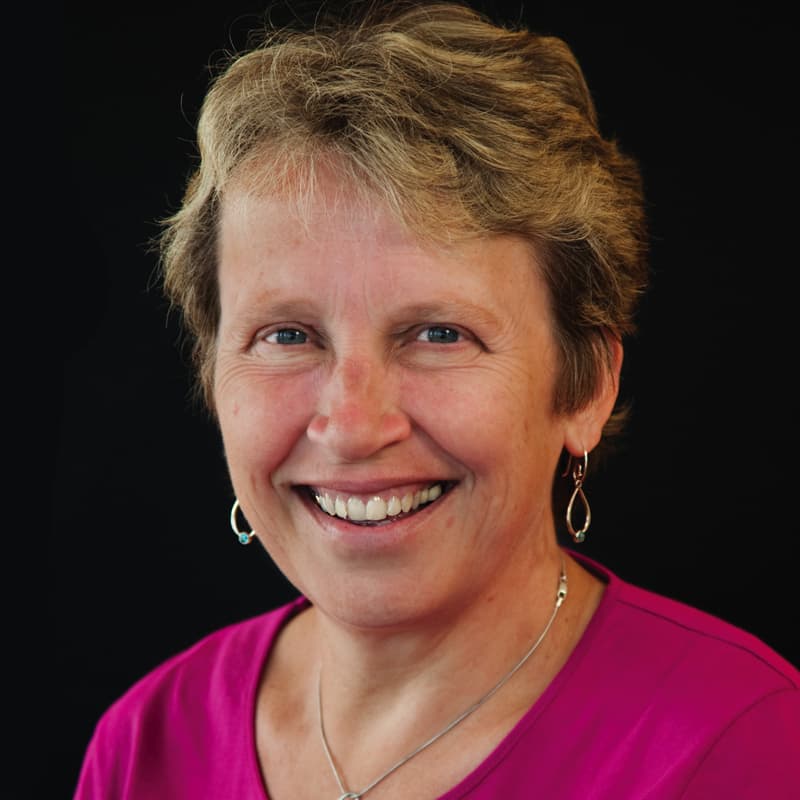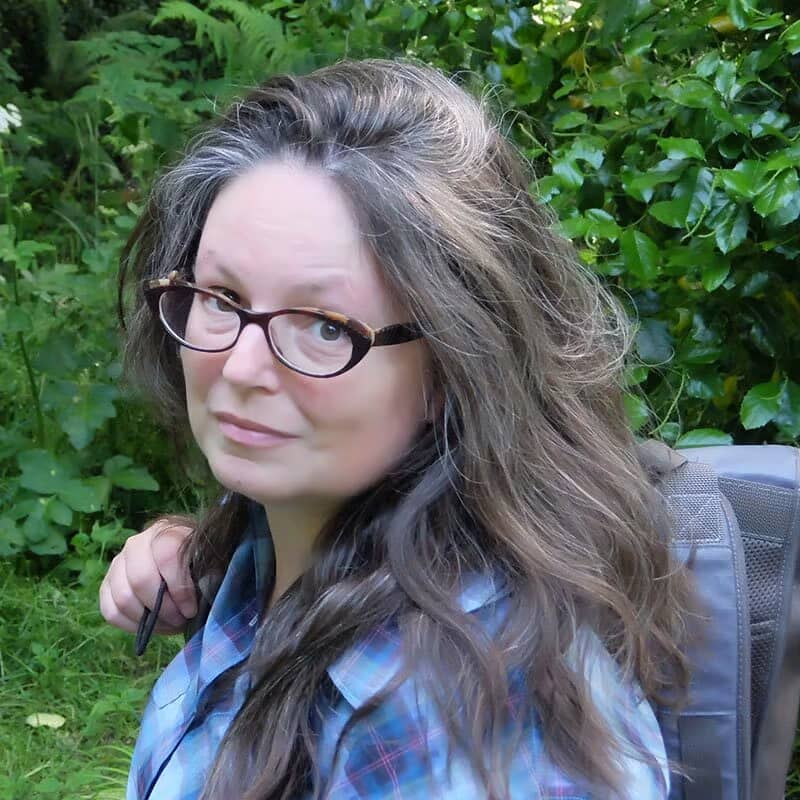
Innes, John
Professor
Forest Renewal BC Chair in Forest Management
Department of Forest Resources Management
Forest Sciences Centre 4643
2424 Main Mall
Vancouver, BC V6T 1Z4
Canada
work phone: 604-822-6761
The graduate students that make up the Sustainable Forest Management Laboratory, which I lead, are interested in all aspects of sustainable forest management, but particularly the application of the principles of sustainable forest management to real world situations. We have been looking at how internationally agreed criteria and indicators of sustainable forest management can be improved and what this means for forestry practices on the ground. Our research group has developed some novel web-based approaches to enable these indicators to be continuously improved: see sfmindicators.org.
The design of suitable monitoring systems is an important part of forest management: a manager must be able to see whether a particular change in management is having the desired effect on the ground. To do this, an appropriate system of indicators and measurements is required. There is also a need to better understand what constitutes a “success”, since different people have different ideas about this. As a result, we are looking at the success of co-management agreements for both forests and national parks.
We are working with a number of indigenous peoples looking at how they are implementing sustainable forest management. Our work in the Yukon involved an examination of how the impacts of climate change are affecting forest-dependent communities and how those communities are adapting to their changing environment. This tied in with our work in northeast British Columbia, where we were looking at the cumulative impacts of development on aboriginal communities. Elsewhere in British Columbia, we are looking at what influences the capacity of First Nations to implement sustainable forestry and at some of the barriers influencing this.
I am closely involved with a number of international projects in China and elsewhere. Having worked in Britain and Switzerland in the past, I am interested in how management practices are changing in different countries in response to international issues such as the conservation of biodiversity and climate change. As a past member of the Sustainable Forestry Board, I am particularly interested in certification and how it is promoting sustainable forest management.
Projects
Effectiveness of co-management agreements for national parks and community forests
Adaptation of northern communities in the Yukon Territory to climate change
Impacts of climate change on forest ecosystems in the Yukon Territory, Canada
Socio-economic indicators of sustainable forest management
Awards
IUFRO Scientific Achievement Award 1995
Premier’s Award 2005/2006 – Innovation. Finalist 2006
Nobel Peace Prize (as a contributor to the Intergovernmental Panel on Climate Change) 2007
International Forestry Achievement Award, Canadian Institute of Forestry 2015









